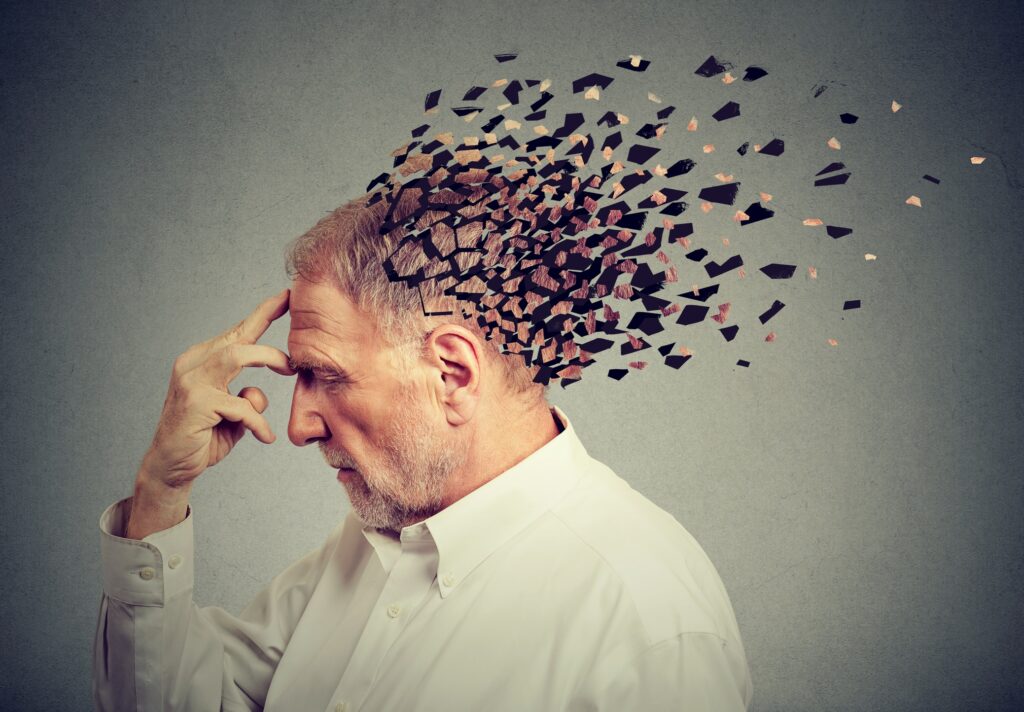
Amnesia
The treatment of amnesia, which is a condition characterized by memory loss, depends on the underlying cause and type of amnesia. Amnesia can be transient or persistent, and it may result from various factors such as head injury, psychological trauma, neurological disorders, or certain medical conditions. The effectiveness of treatment for amnesia can vary widely based on the specific cause and individual factors. A comprehensive and individualized approach, often involving a team of healthcare professionals, is typically employed to address the complex nature of amnesia and its underlying conditions. Treatment plans may evolve over time based on the individual's response and progress. Cholinergic drugs may improve memory slightly and temporarily in patients with Alzheimer disease; these drugs are often also tried when another dementia is the cause. Otherwise, no specific measures can hasten recovery or improve the outcome.
- Medical Treatment : If amnesia is caused by a medical condition such as a brain injury, infection, tumor, or metabolic disorder, addressing the underlying medical issue is a crucial part of the treatment. This may involve surgery, medication, or other medical interventions.
- Cognitive Rehabilitation : Individuals with amnesia may benefit from cognitive rehabilitation programs designed to improve memory function. These programs often involve exercises and strategies aimed at enhancing memory recall and learning new information.
- Occupational Therapy : Occupational therapists can work with individuals with amnesia to develop strategies for managing daily tasks and improving functional independence.
- Psychotherapy : In cases where amnesia is related to psychological trauma or stress, psychotherapy or counseling may be recommended to address emotional factors contributing to memory impairment.
- Medications for Underlying Conditions : If amnesia is a symptom of an underlying medical condition, medications may be prescribed to manage or treat that condition. For example, medications for epilepsy may be prescribed if seizures are contributing to memory loss.
- Memory-Enhancing Drugs : Some medications, such as cholinesterase inhibitors, are used to treat memory disorders, including certain types of amnesia. However, their effectiveness may vary, and they are typically prescribed in specific cases.
- Memory Aids : Using memory aids such as calendars, reminders, and note-taking can help compensate for memory deficits and improve day-to-day functioning.
- Structured Routine : Establishing a structured daily routine can provide a predictable environment, which may be beneficial for individuals with amnesia.
